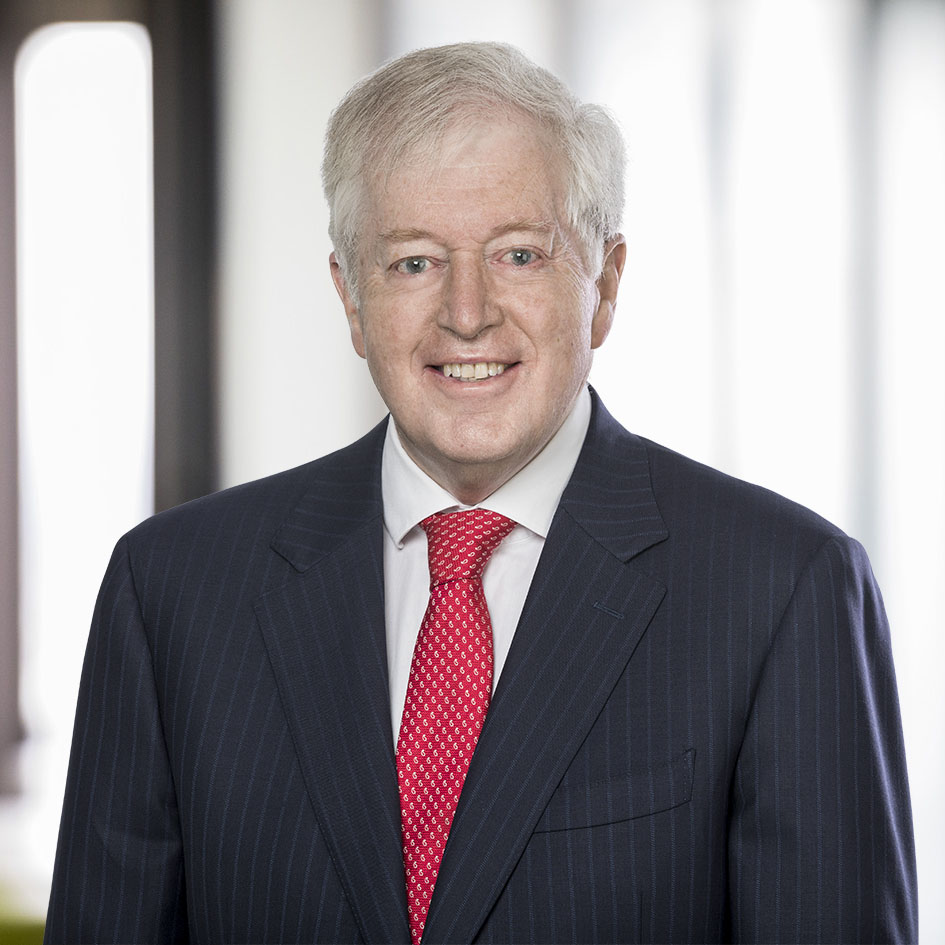
Your Trusted Estate Planning Advisors
Estate planning is a crucial step in ensuring that your assets are distributed according to your wishes and that your loved ones are provided for after your passing. At Aitken Partners, our experienced estate planning lawyers in Melbourne offer comprehensive services tailored to your unique circumstances. We work closely with you to develop a personalised estate plan that meets your financial and family needs, giving you peace of mind for the future.

Wills and Powers of Attorney
Read MoreA well-drafted Will ensures your assets are distributed according to your wishes and helps protect your family from unnecessary stress or disputes. Our lawyers provide clear advice and guidance on preparing or updating your Will, no matter how simple or complex your estate may be.
We also assist with Powers of Attorney, ensuring trusted individuals are legally empowered to make financial, medical, and personal decisions on your behalf should you lose capacity.

Succession Planning
Read MoreSuccession planning is about more than just who inherits your estate; it’s about protecting your legacy and minimising risk for future generations. We work with business owners, families, and individuals to create tailored succession strategies that address tax, business continuity, and family dynamics. Our approach ensures your wealth and assets are passed on smoothly, in a way that reflects your values and long-term goals.

Trusts and Structuring
Read MoreTrusts and other legal structures can be powerful tools to safeguard assets, manage tax obligations, and provide ongoing financial security for your family or beneficiaries. Our team will assess your unique circumstances and help establish the right structure to meet your objectives, whether that’s asset protection, charitable giving, or supporting future generations. We ensure your trust or structure is legally sound, practical, and aligned with your broader estate planning strategy.

How we work with you.
Initial Consultation
Schedule a confidential consultation to discuss your situation, understand your needs, and receive initial advice
Strategic Planning
We develop a tailored legal strategy outlining the steps, timeline, and necessary documentation to achieve your goals
Resolution and Support
We execute the plan, representing you in negotiations or proceedings, keeping you informed, and ensuring your rights are protected
We’re behind you. Every step of the way.

Deep Understanding Across Families, Businesses & Institutions
Our estate planning expertise is shaped by decades of advising clients from all walks of life. From individuals and families to private companies, charitable organisations, and government bodies. This breadth allows us to offer strategic, practical solutions tailored to your specific personal, financial, and business circumstances.

Generations of Trusted Legal Guidance
For over a century, Aitken Partners has been helping clients plan for the future with confidence. Our estate planning lawyers combine legal precision with genuine care, guiding you through complex decisions with clarity and discretion. Whether you’re planning for your family, protecting your business, or managing significant assets, we’re here to provide advice that stands the test of time.
Frequently Asked Questions
If you die without a Will, then the law says who will be responsible for managing your estate and who will receive your assets. This may not be what you want, or what is in the best interests of your family. Having a valid Will in place is the best way to make sure your assets are dealt with as you would want them to be.
If you don’t have an Enduring Power of Attorney and you lose decision-making capacity (eg. you get dementia or brain damage) then somebody will need to apply to VCAT to be appointed to make decisions (such as dealing with your finances and making medical treatment decisions) on your behalf. The VCAT application process can create family disputes, as well as unnecessary delays and expenses.
A Will is a single document that focuses on the distribution of assets after death. An Estate Plan is more holistic strategy that deals with a broad range of factors including who to appoint as Executor, Trustee and Guardian of minor children; non-estate assets (such as superannuation and the succession of trusts, companies and businesses); tax consequences; and the appointment of attorneys to act upon loss of capacity.
An estate plan is a set of legal documents and arrangements that outline how your assets will be dealt with and who will act on your behalf in relation to financial, personal and medical matters, if you lose capacity or pass away. Some of the documents included in an estate plan include:
- A legally valid Will
- Enduring Power of Attorney (Financial and Personal Matters)
- Appointment of Medical Treatment Decision Maker
- Testamentary trusts
- Family Trust reviews
- Binding Death Benefit Nominations for super accounts
Yes. Even with a modest estate and simple assets, proper planning ensures your wishes are legally protected and your loved ones are spared unnecessary legal and financial complications. We can help simplify the process and make sure everything is legally sound and up to date.
You should review your estate plan every 3–5 years, or after significant life events like marriage, divorce, birth of a child, death in the family, or major financial changes.
Complicated family dynamics, and blended family situations, can make estate planning difficult. Many clients we see are interested to ensure that their current spouse or partner is adequately provided for, but that children of a previous marriage also receive a fair distribution from the estate. We can advise on the best strategies to ensure that everyone is taken care of, and that there is minimal risk of the Will being challenged.
We have extensive experience handling complex estate planning scenarios, including where the client holds assets in several different countries. Our team can develop strategies to ensure your estate plan is legally sound across jurisdictions and fairly reflects your intentions. Where necessary, we will collaborate with other professionals, to make sure that the local tax and succession laws in the country where the assets are held are taken into account.
We understand that family estrangements and other issues may mean that people sometimes want to make sure that a particular person doesn’t receive anything from their estate. However, it is important to understand that in Victoria, the law states that certain eligible people (such as a partner, children and financial dependents), may be able to challenge a Will if they are excluded. We can help you to understand your legal obligations and how to reduce the risk of a challenge to your estate.
We offer fixed fee packages so you can be sure of what the total costs will be from the outset. The package price will be determined by the complexity of the matter, and full cost disclosure will be provided at the beginning of the matter.
A trust is where one person (the trustee) managed assets for the benefit of another person (the beneficiary). Many people include trusts in their Wills for a variety of reasons including asset protection, tax planning, the protection of vulnerable beneficiaries, and charitable purposes. Many of our Wills include different types of trusts, and we can advise you on whether a trust is recommended for your estate.
Superannuation does not automatically form part of your estate when you die. You need to direct the trustee of your super fund on how you would like your account balance to be paid out when you pass away. It is very important that this nomination is compliant with superannuation law, and that the tax consequences of your nomination are taken into account.
Located in Melbourne CBD at Level 28, 140 William Street, Melbourne. Servicing all Melbourne suburbs online and within a 15-minute drive for: Melbourne CBD, Carlton, Fitzroy, Richmond, South Yarra, St Kilda, Brunswick, Collingwood, Prahran, South Melbourne, North Melbourne.





.jpg?updated=1749165423)